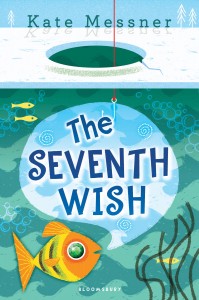 Today, I received an email from South Burlington’s Chamberlin School principal Holly Rouelle, who told me that a decision has been made to carry THE SEVENTH WISH in her school library. She says the school never intended to censor the book, and that is great news in light of this week’s events.
Today, I received an email from South Burlington’s Chamberlin School principal Holly Rouelle, who told me that a decision has been made to carry THE SEVENTH WISH in her school library. She says the school never intended to censor the book, and that is great news in light of this week’s events.
In case you’re new to the story, my latest novel, THE SEVENTH WISH, is about a lot of things – Irish dancing, ice fishing, magic, entomophagy, flour babies, and friendship. It’s also about the effects of opioid addiction on families, especially younger siblings. On the day my book was released this week, I was disinvited from a school visit at Chamberlin on less than 24 hours notice. The librarian and principal told me they felt they hadn’t prepared their students well enough for that visit, given the sensitive subject matter, despite the fact that it was scheduled in January and a copy of the book was provided to them at that time. They also returned all of the copies of the book they’d purchased for the school library. You can read more about that situation in this post, and this one, about the heroic effects of the town’s public library and Phoenix Books to get books into the kids’ hands anyway.
So despite the cancelled visit, today’s email was very good news, and I’m pleased that the school has decided to make the book available to students and staff. I’m hoping I’ll still get to share my presentation with lots of Chamberlin readers at my rescheduled event at the Community Library, too, where there will be free books available for at least the first hundred kids who register.
As I’ve mentioned before, I’m no stranger to Chamberlin School – I’ve visited before and done multiple free Skype visits with readers here – and I’ve found the people who work at Chamberlin to be energetic, kind, caring advocates for kids. I do not believe at this point that the school is engaging in censorship of my book.
That said, I do know that our conversations here and in social media have reached far beyond Vermont, and I hope those conversations will continue because the quiet censorship that happens in some schools and libraries affects kids’ access to books in very real ways every day.
Earlier this week, I wrote a blog post called “Remember Who We Serve: Some Thoughts on Book Selection and Omission,” which you can read here. I explained how another librarian from a different state contacted me after the Vermont incident to let me know that she loved my books but had removed THE SEVENTH WISH from her library’s order list because it’s about a family affected by our country’s opioid epidemic. She responded to the blog post with a comment, which I’m sharing here with her permission:
I am the librarian in question and I stand by what I wrote. The parents in my community trust me to stock the library with books that won’t cause their children with extreme anxiety. I think the public library should certainly carry this book and parents should go with their children to pick it out and read it together. In a school library, most students choose books without even showing their parents. What about the parent that will call me when their child is crying and scared because now they know something their parents didn’t want them exposed to?? I cannot be responsible for that. I would certainly recommend this book for a student that needs it, but I can’t put it out there on the shelf. What if an 8 year old checked it out? What would I say to their parents- “I’m sorry your child is confused and upset. You should talk to them about the dangers of drugs in between playing with My Little Pony.” I think people forget how young 10 years old really is. Why is there a constant push for them to be older and know everything? Even 12 years old is more emotionally stable and ready for these types of discussions. You can vilify me all you want to for my opinions but I know the parents of my students thank me.
It was not my intent to vilify but to offer a different view of things. I honestly wanted to talk with her more after I saw this comment, so I emailed and asked if she’d be open to that. She said yes, and we had a good phone conversation this afternoon. I learned that she does indeed see the other side of the argument as well, but she still thinks kids’ innocence should be preserved longer by limiting access to some topics. She’s also under pressure from the parents in her community to limit the kinds of books in her library. The bottom line is, she feels like she can’t give elementary students access to a book like THE SEVENTH WISH without risking her job.
I have a tremendous amount of empathy for librarians and teachers in situations like this. I taught middle school for fifteen years. I faced book challenges and angry parents, too. I remember the sick feeling I’d get in my stomach when I opened a parent email and found a complaint about a book in my classroom library. I was lucky to have supportive administrators. Not everyone does.
I’ve been thinking a lot about how we can all do a better job supporting librarians and teachers who want to provide kids more access to books but are worried about pushback, so I proposed that this librarian and I start a conversation about this. We have some real disagreements about what kinds of books belong in a K-5 library, but that doesn’t mean that we shouldn’t be able to disagree respectfully, listen to one another, and try to brainstorm solutions. So we’re going to try that, and we’re inviting you to join the conversation, too.
As many of you know, I’m on book tour this month and leaving for Maine in the morning, but in between school events and bookstore signings, I’m going to be talking with her via email. Once we’ve had a chance to share some ideas back and forth, I’ll post the conversation here on my blog, and we’d love to hear from other people who care about kids and books, especially from other teachers and librarians who have found ways to deal with the particular challenges that face elementary school libraries with regard to book selection and access when there’s a wide age range of students. I’m optimistic that we’ll be able to have a spirited, passionate, respectful, problem-solving conversation. And I hope you’ll join us.

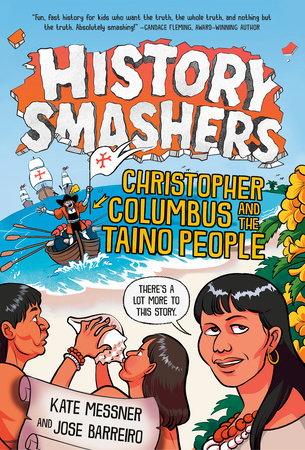
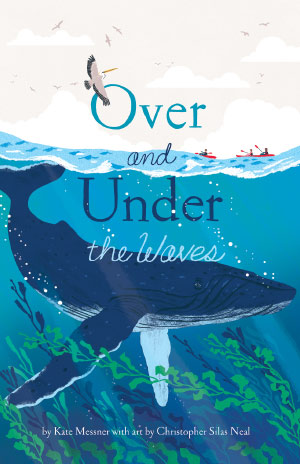
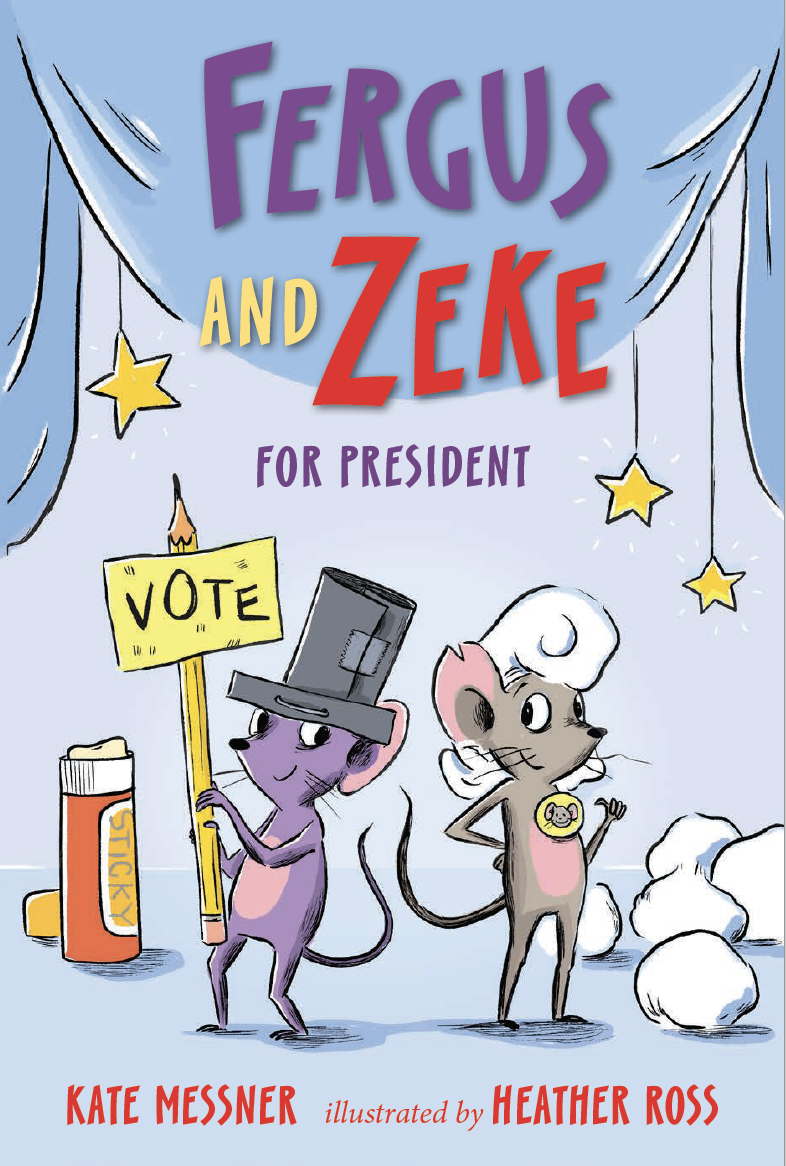
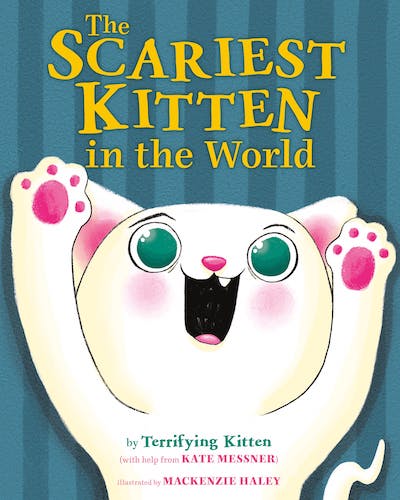
Please post the conversation you have! I work in a school that has a very similar situation. Both my principal and school media specialist have had conversations with me like this. I’m having trouble convincing them that despite what parents might say we do need these books. I would love to hear/see how this conversation continues!
It’s important to offer a wide range of stories to children not only so every child can at some point see their own life story or situation presented as a valid and not to be ashamed of experience, but to foster and nurture empathy and the ability to look at others without judgement in children who do not live in these situations. This empathy removes the sense of “other” when people meet with those who are different from them and only through this kind of connection and kindness can we make the world a safer, better place.
This was never an issue of censorship in our school. It was about making sure that students, staff and parents had the information they needed to support such a sensitive and important topic, especially knowing that my students have been directly impacted with heroin addiction with sometimes tragic results in their families. There was never a decision made to not have The Seventh Wish in our library. 20 copies of one title were exchanged for 20 individual and multiple copies of your books, including The Seventh Wish, to expand our collection of favorites and requested reads from students and staff. We own and have apologized for the mistake of not having read the one advanced copy we received before the scheduled visit and not getting information out to families and staff through our usual channels of communication. I’m sorry that you doubt our intentions, especially since you know the amazing staff and students at Chamberlin and the clear communication that has been sent to you regarding the cancellation. We wish you nothing but the best on your book tour.
Holly, while this was unclear to me for several days after the visit was so abruptly cancelled and the books returned, I appreciate your apology very much, accept that apology, and have revised the post to reflect that I do not believe at this point that your school is engaging in censorship.
I do know that your school community is a kind, caring one, and your students are as lucky to have all of you as you are to have them. Despite this week’s unfortunate situation, you and I are ultimately on the same side here – working for kids – and I have great respect for the work that you do. Have a wonderful summer.
As a teacher, I am so grateful to have books on subjects that touch my students’ real lives to recommend. As a parent of an elementary school student who reads well above grade level, I’m often nervous about that same level of freedom. She reads many books at school that she never brings home, and I don’t know what she’s chosen until much later. She’s almost seven, and she reads on a Lexile level such that your books have been recommended to her. I appreciate that her school’s librarian selects books that would keep her innocence preserved as long as possible.
As a middle school reading teacher, I am following this issue closely. I grew up in a pretty sheltered, safe childhood. I also was a voracious and confident reader, and the only book my parents ever tried to prevent me from reading was a soft-porn spy novel I discovered on my dad’s bedside table. I read One Flew Over The Cuckoo’s Nest, The World According to Garp, Clan of the Cave Bear, Flowers in the Attic, etc. before starting high school. I completely believe in kids’ ability to choose books they can handle and their right to do so. (I’ve never been able to handle horror, so I don’t read it. Doesn’t mean the rest of the world can’t read it!) But I do worry about parent response, and about my admin’s passivity in face of parent pushback. I send a letter home letting parents know I have some “PG-13” shelves and letting them know it is their job, not mine, to communicate any limits to their children.
I’m not a teacher or librarian, but a parent of a third grader. I support books such as these in school libraries; I think it’s great books like this exist because it helps introduce serious topics in age appropriate ways; leading to good discussions or helping kids going through a similar situation. I’ve had age appropriate discussions with my daughter about drug use (especially after reading the nonfiction book Dreamland about the current opiate addiction epidemic — eek!) and I wouldn’t hesitate to read this book together.